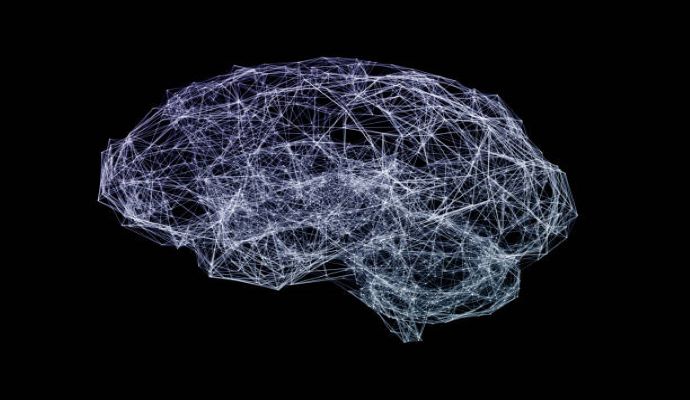AHN Announces Clinical Study Using DBS to Treat Opioid Addiction
Early last week, clinicians at Alleghany Health Network (AHN) announced plans to conduct a clinical study on using deep brain stimulation (DBS) to treat opioid addiction.

Source: Getty Images
- On Monday, June 13, clinicians at Alleghany Health Network (AHN) revealed their plans to conduct a clinical study on the effects of using deep brain stimulation — also known as DBS — to treat opioid addiction. Mark Fuller, MD, the executive director of the AHN Center for Recovery Medicine, and Nestor Tomycz, MD, the director of stereotactic and functional neurosurgery at AHN, have worked closely to design this study.
DBS is a surgical treatment option in which electrodes are attached to specific areas or brain structures. The electrodes deliver pulses to these structures via a pacemaker-like device. DBS is most widely used to treat motor deficits caused by Parkinson’s Disease.
A review published in 2022 highlighted the potential benefits of DBS related to addiction treatment. They focus on stimulating the nucleus accumbens due to its involvement in the brain’s reward system.
In 2020, the National Institute on Drug Abuse, a subsection of the NIH, identified that approximately 2.7 million people over 12 years old were diagnosed with an opioid use disorder. Of those 2.7 million, over 85% have an addiction to prescription medications.
Issues of opioid abuse are not unfamiliar to physicians. According to the CDC, in 2021, there were 107,622 drug overdose deaths in the United States alone.
“In the last decade, drug addiction, and opioid abuse, in particular, has stolen far too many lives, shattering families and putting enormous strain on communities and our healthcare system,” said Mark Fuller, MD, in a recent press release.
They intend to enroll three participants diagnosed with refractory opioid use disorder and insert electrodes in the nucleus accumbens part of the brain for DBS. As mentioned, DBS is an invasive surgical procedure. Potential risks include stroke, infection, and seizures, among other things. Patients used in this study have already had multiple relapses.
A successful study of this nature has the potential to address opioid addiction in patients who have not had success with the current, traditional treatment methods.
While the researchers seem to have high hopes for this treatment method, they clearly state that this will not be a “cure” to addiction. Instead, they hope to use DBS to assist in treating opioid use disorders alongside current standards of care.
Despite the promising and ever-progressing use of DBS as a Parkinson’s treatment, DBS still has room for error as much of the brain has yet to be processed and understood. As the study progresses and potentially moves into the following phases, researchers will continue to monitor and compare DBS’s benefits with its potential risks.
